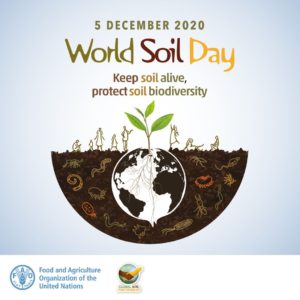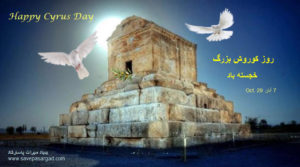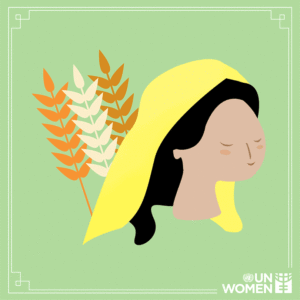 Keep soil alive, protect soil biodiversity
Keep soil alive, protect soil biodiversity
Plants nurture a whole world of creatures in the soil, that in return feed and protect the
plants. This diverse community of living organisms keeps the soil healthy and fertile.
This vast world constitutes soil biodiversity and determines the main biogeochemical
processes that make life possible on Earth.
This year, by addressing the increasing challenges of soil management, the Food and
Agriculture Organization (FAO) campaign ” Keep soil alive, protect soil biodiversity “
aims to raise awareness of the importance of sustaining healthy ecosystems and human well-being. By encouraging people around the world to engage in proactively improving soil health, the campaign also aims to fight soil biodiversity loss. If we do not act soon, the fertility of soil will continue to be adversely affected at an alarming rate, threatening global food supplies and food safety.
Encouraging all people to participate, FAO has created a thematic website full of
information, initiatives and material to spread the message through different multimedia
platforms.
Background
World Soil Day (WSD) is held annually on 5 December as a means to focus attention on
the importance of healthy soil and to advocate for the sustainable management of soil
resources.
An international day to celebrate Soil was recommended by the International Union of
Soil Sciences (IUSS) in 2002. Under the leadership of the Kingdom of Thailand and
within the framework of the Global Soil Partnership, FAO has supported the formal
establishment of WSD as a global awareness raising platform. The FAO Conference
unanimously endorsed World Soil Day in June 2013 and requested its official adoption at the 68th UN General Assembly. In December 2013, the UN General Assembly responded by designating 5 December 2014 as the first official World Soil Day.




















